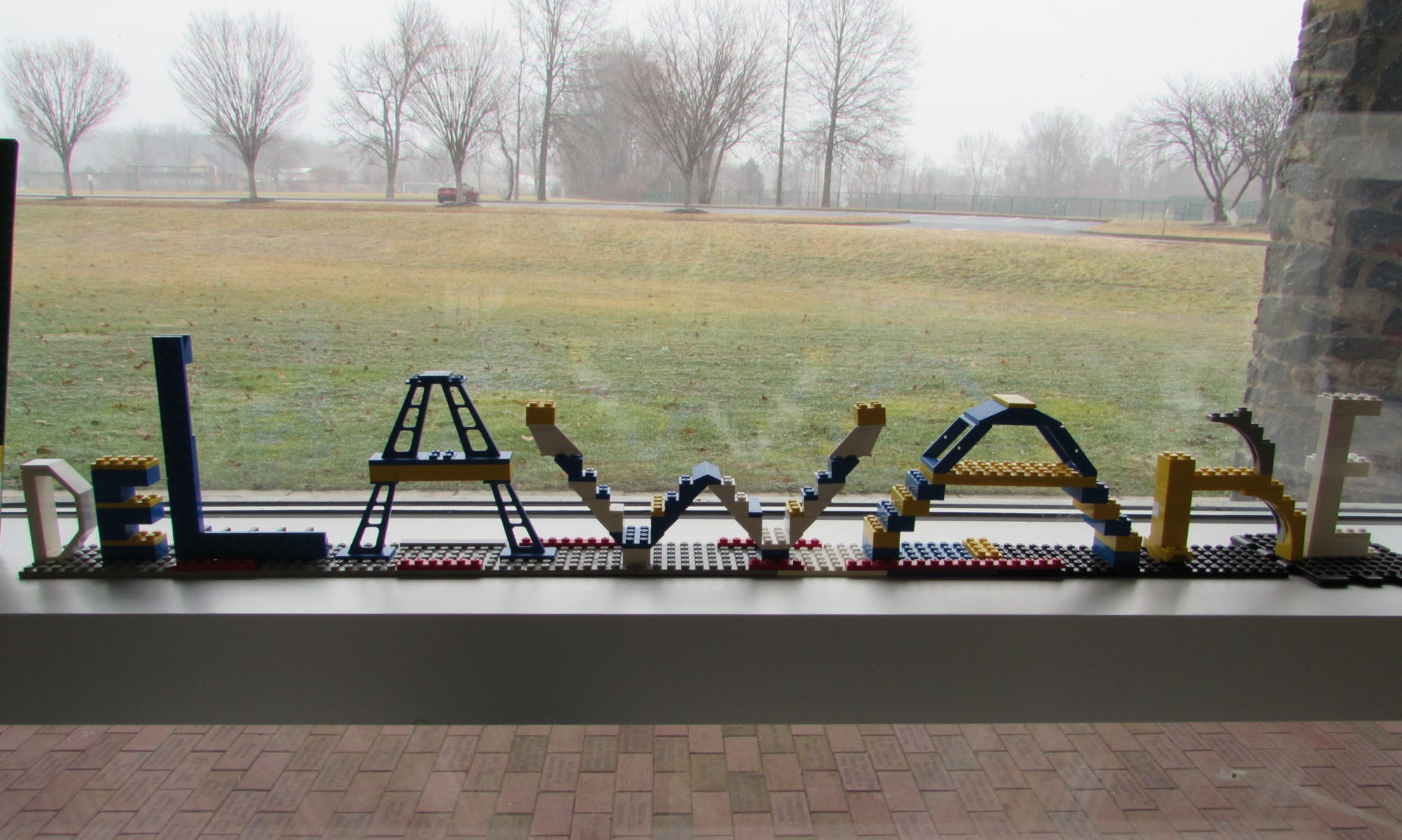Isaiah 20:2-3 KJV — At the same time spake the LORD by Isaiah the son of Amoz, saying, Go and loose the sackcloth from off thy loins, and put off thy shoe from thy foot. And he did so, walking naked and barefoot. And the LORD said, Like as my servant Isaiah hath walked naked and barefoot three years for a sign and wonder upon Egypt and upon Ethiopia;
Isaiah protested the unwise alliances Judah was forming by walking around the royal court in (depending on the interpretation) little to no clothing for three years.
He did this at God’s behest.
One sermon (perhaps Jon Courson on the Blue Letter Bible app) recommended a metaphorical lesson in living out loud as a follower of Christ.
I see this as a call to share these posts in more places and to renew my dedication to sharing the Word.
































